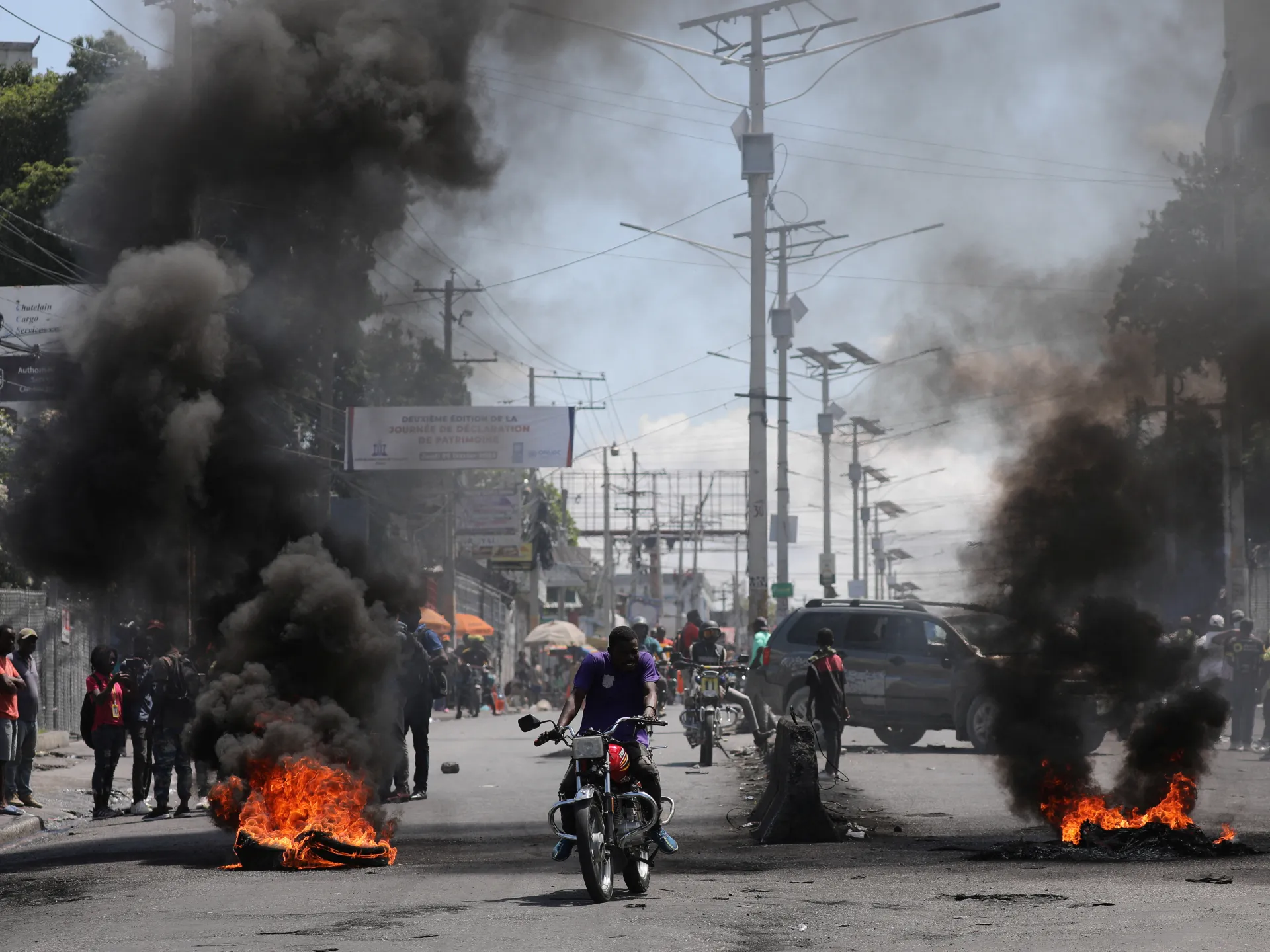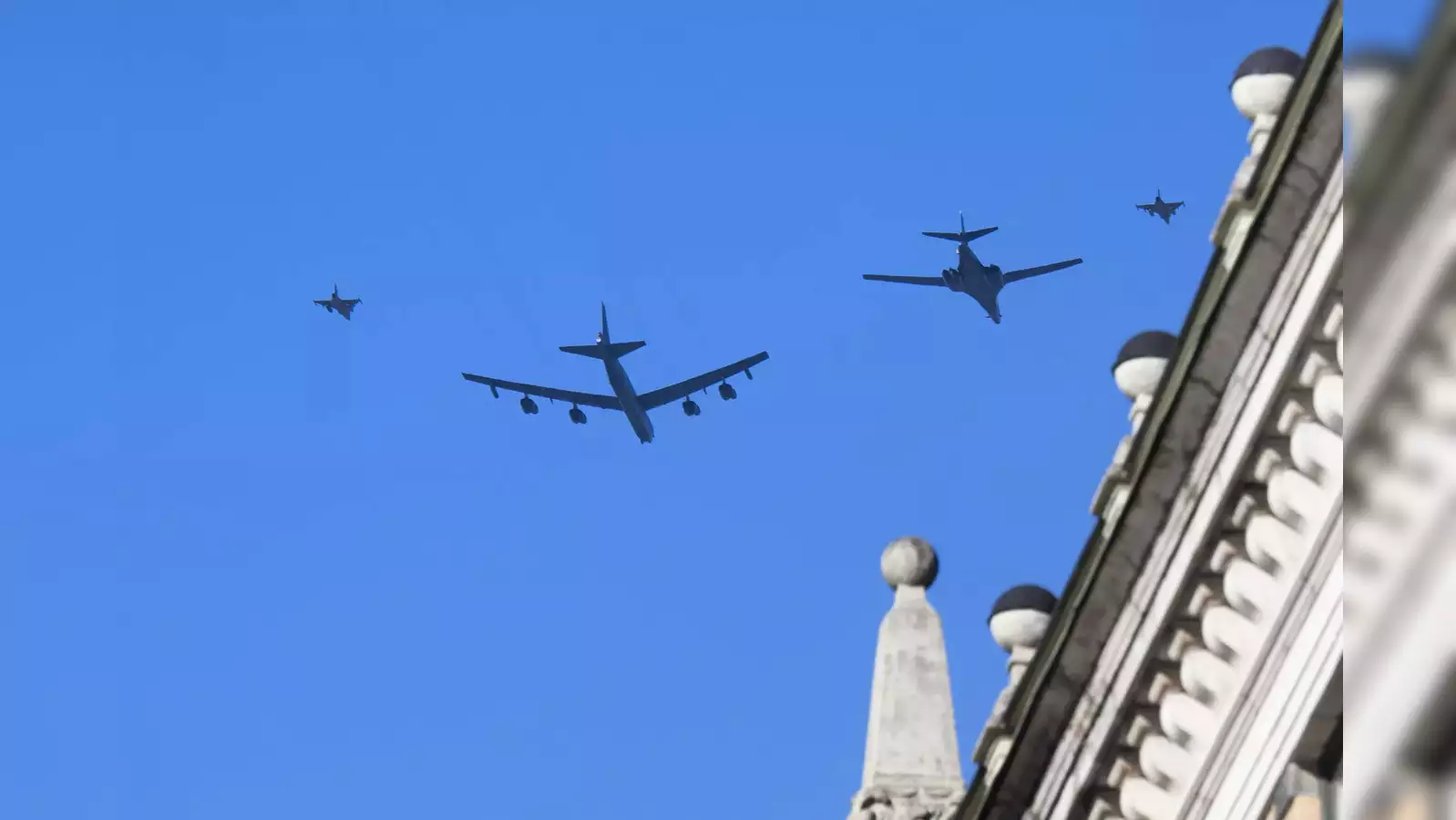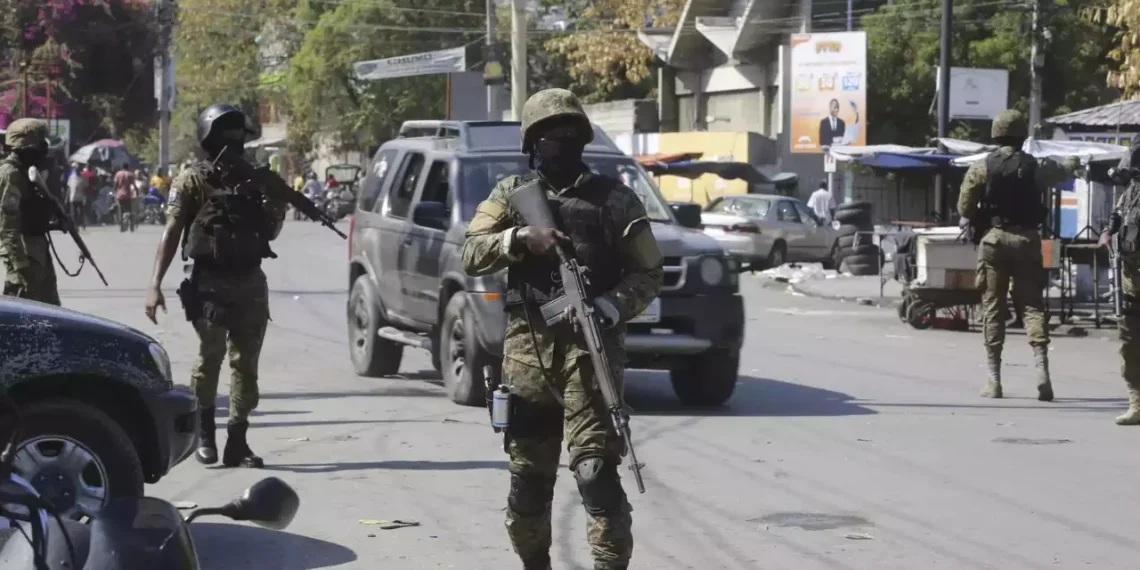Amid Haiti’s state of emergency, the U.S. military conducted an operation to evacuate non-essential embassy staff and reinforce security measures. Gang violence poses a severe threat to Haiti’s stability, prompting thousands to flee and raising concerns about the government’s ability to maintain control.
Southern Command clarified that the airlift was a standard protocol for embassy security worldwide and emphasized that no Haitians were transported on military aircraft. Additionally, the European Union’s delegation in Haiti temporarily closed its offices, citing security concerns.

Haiti declared a state of emergency following a surge in violence while Prime Minister Ariel Henry was in Nairobi seeking a resolution for the long-delayed UN-backed mission. Despite Kenya’s previous commitment to lead the mission, domestic legal challenges have stalled progress.
Secretary of State Antony Blinken‘s conversation with Kenyan President William Ruto highlighted their dedication to restoring order in Haiti through multinational efforts.
The U.S. embassy remains focused on supporting the Haitian National Police and expediting the deployment of the Multinational Security Support mission while advocating for a peaceful transition of power through democratic elections.

In an effort to address Haiti’s crisis, leaders from the Caribbean Community (CARICOM) will convene in Jamaica to discuss strategies for supporting Haiti and fostering political dialogue.
The situation in Haiti underscores the urgency of international cooperation to address the root causes of violence and instability. As Haiti navigates these challenges, support from the U.S., EU, and regional partners becomes crucial in promoting peace and stability in the country.





